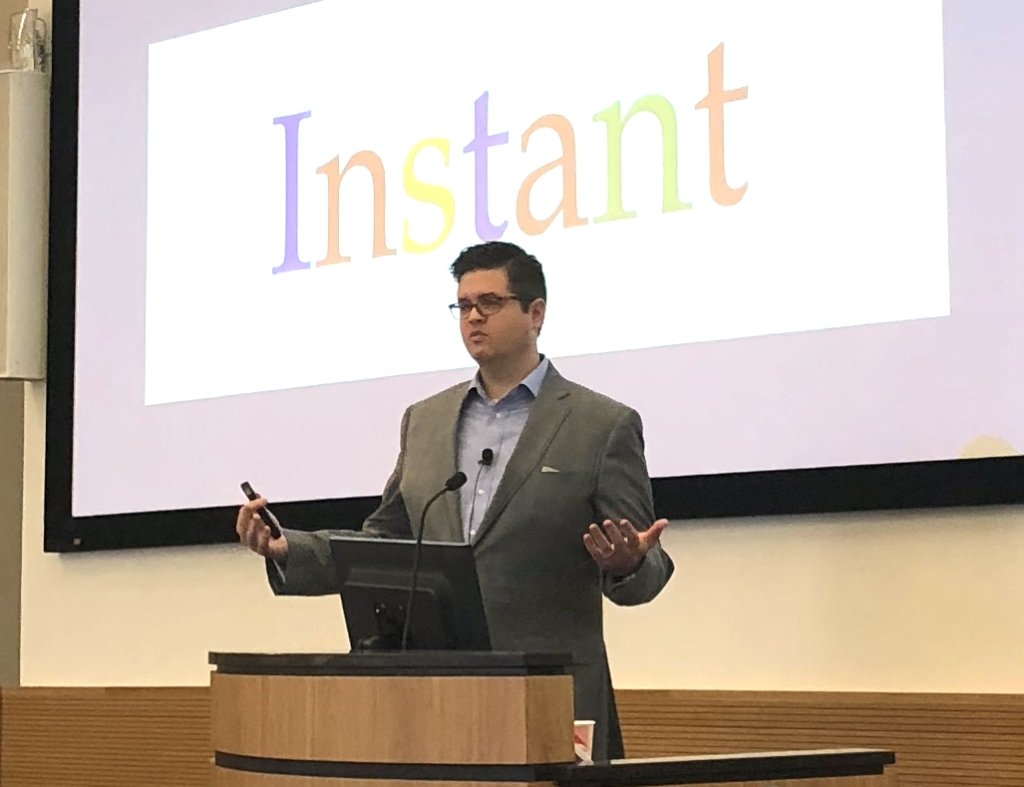
Reading Time: 5 minutes
Focusing on the SC Future Scholar 529
As summer is almost over and kids will be heading back to school very shortly, many parents are thinking about their children’s future education. My oldest son is just a few years away from college, and the financial decisions we make now will have a lasting impact. From the early days of our marriage to the birth of our son, we have diligently saved for his higher education, with generous contributions from grandparents along the way. In this article, I want to share insights on how to begin saving for college through the South Carolina Future Scholar program, offer tips for when your child heads off to college, and emphasize the importance of prioritizing your retirement planning.
If you’re not from South Carolina, don’t worry—many states across the country offer similar 529 college savings programs. These plans generally function in the same way, providing tax advantages and flexible investment options to help you save for your child’s education. However, specifics can vary from state to state, so it’s important to check your own state’s 529 plan website for detailed information and benefits unique to your region. Reaching out to your state’s program can provide the exact details and advantages available to you.
One more thing to remember before we dig in: You can borrow for college but not for retirement.The Illusion of Wealth
Understanding the South Carolina Future Scholar Program
What is the South Carolina Future Scholar Program?
The South Carolina Future Scholar 529 College Savings Plan is a tax-advantaged savings plan designed to encourage saving for future education costs. Contributions grow tax-free, and withdrawals for qualified education expenses are also tax-free. This makes it a powerful tool for college savings.
Benefits of the Future Scholar Program
The Future Scholar Program offers numerous benefits:
- Tax Advantages: Contributions are deductible from South Carolina state income tax, and earnings grow tax-deferred.
- Flexibility: Funds can be used at any eligible educational institution, including out-of-state and some international schools.
- Control: The account owner maintains control over the funds, deciding when and how they are used.
How to Enroll in the Future Scholar Program
Enrolling in the Future Scholar Program is straightforward:
- Visit the official website and complete the online enrollment form.
- Choose your investment options: The program offers a range of age-based and static investment portfolios to suit different risk tolerances and timelines.
- Set up automatic contributions: Regular, automated contributions can help grow your savings over time.
Tips for Saving and Leveraging Your 529 Plan
Start Early and Benefit from Compounding Interest
Albert Einstein famously called compounding interest the eighth wonder of the world. The earlier you start saving, the more time your money has to grow. Starting early allows you to benefit from the exponential growth of compounding interest and dividends.
For example, assume you saved $100 per month with an 8% annual growth rate from the time your child was born for 18 years. In this example, the end result when they are heading to college would result in approximately $45,000. This example highlights how increasing your monthly contributions can exponentially increase your savings due to the power of compounding interest over time. Starting early and contributing consistently can significantly boost your college savings.
Make Regular Contributions
Consistency is key. Even small, regular contributions can accumulate significantly over time. Setting up automatic transfers from your bank account to your 529 plan can ensure you stay on track with your savings goals.
Take Advantage of Gift Contributions
Encourage family members, such as grandparents, to contribute to your child’s 529 plan. These gifts can provide a substantial boost to your college savings and are a meaningful way for relatives to invest in your child’s future.
Review and Adjust Your Investments
Unless you choose to invest based on the age-based models, periodically review your investment choices to ensure they align with your goals and risk tolerance. As your child approaches college age, you may want to shift towards more conservative investments to protect your savings from market volatility.
Prioritizing Retirement Over College Savings
Why Retirement Planning Should Come First
While saving for your child’s education is important, it’s crucial to prioritize your retirement planning and savings. You can borrow for college, but not for retirement. Ensuring a secure financial future for yourself is essential, as it reduces the likelihood of becoming a financial burden on your children later in life.
Balancing Retirement and College Savings
To balance both goals, consider the following strategies:
- Maximize Retirement Contributions: Ensure you are contributing enough to your retirement accounts to take full advantage of employer matches and tax benefits.
- Allocate Discretionary Funds: After meeting your retirement savings goals, allocate additional funds to your child’s 529 plan.
- Utilize Catch-Up Contributions: If you are over 50, take advantage of catch-up contributions to boost your retirement savings.
Preparing for College: Tips for Parents
Create a Family Education Policy
Establish a clear family education policy to outline expectations, responsibilities, and financial plans for college. This can include:
- Setting Savings Goals: Determine how much you aim to save for each child’s education and create a plan to achieve those goals.
- Discussing Financial Responsibilities: Clarify what expenses parents will cover and what students are expected to contribute, such as part-time work or scholarships.
- Reviewing Financial Aid Options: Explore available scholarships, grants, and loans to supplement your savings.
At Intelligent Investing, we’re committed to comprehensive financial planning that extends beyond investment management. That’s why we’ve included a complimentary Intelligent Investing Family Education Policy to assist families in planning for their children’s educational futures. This policy serves as a structured guide, outlining strategies to optimize savings through vehicles like the South Carolina Future Scholar Program and emphasizing the importance of balancing college savings with retirement planning. It’s designed to provide peace of mind, ensuring that families have a clear roadmap to navigate the complexities of educational expenses while prioritizing long-term financial security.
Plan for College Expenses Beyond Tuition
College costs extend beyond tuition. Prepare for additional expenses, such as:
- Room and Board: Housing and meal plans can be significant expenses.
- Books and Supplies: Budget for textbooks, software, and other necessary materials.
- Personal Expenses: Consider daily living expenses, transportation, and extracurricular activities.
Utilize Your 529 Plan Effectively
When it’s time for your child to start college, strategically withdraw funds from your 529 plan:
- Cover Qualified Expenses: Ensure withdrawals are used for qualified education expenses to avoid taxes and penalties.
- Optimize Tax Benefits: Coordinate withdrawals with other tax benefits, such as the American Opportunity Tax Credit, to maximize savings.
Planning for your child’s college education requires careful consideration and early action. By leveraging the South Carolina Future Scholar program and prioritizing your financial goals, you can ensure a secure future for both your retirement and your child’s education. Start early, make regular contributions, and stay informed about your investment options. With thoughtful planning and dedication, you can navigate the financial challenges of college savings and provide your child with the best possible start in their academic journey.
At Intelligent Investing, we love organizing our clients’ “financial junk drawers” so we can minimize their financial stress and maximize their lives. If you are heading towards retirement and want to get a plan in place, feel free to reach out to us for a complimentary call or coffee.
Schedule a short discovery call or meeting

